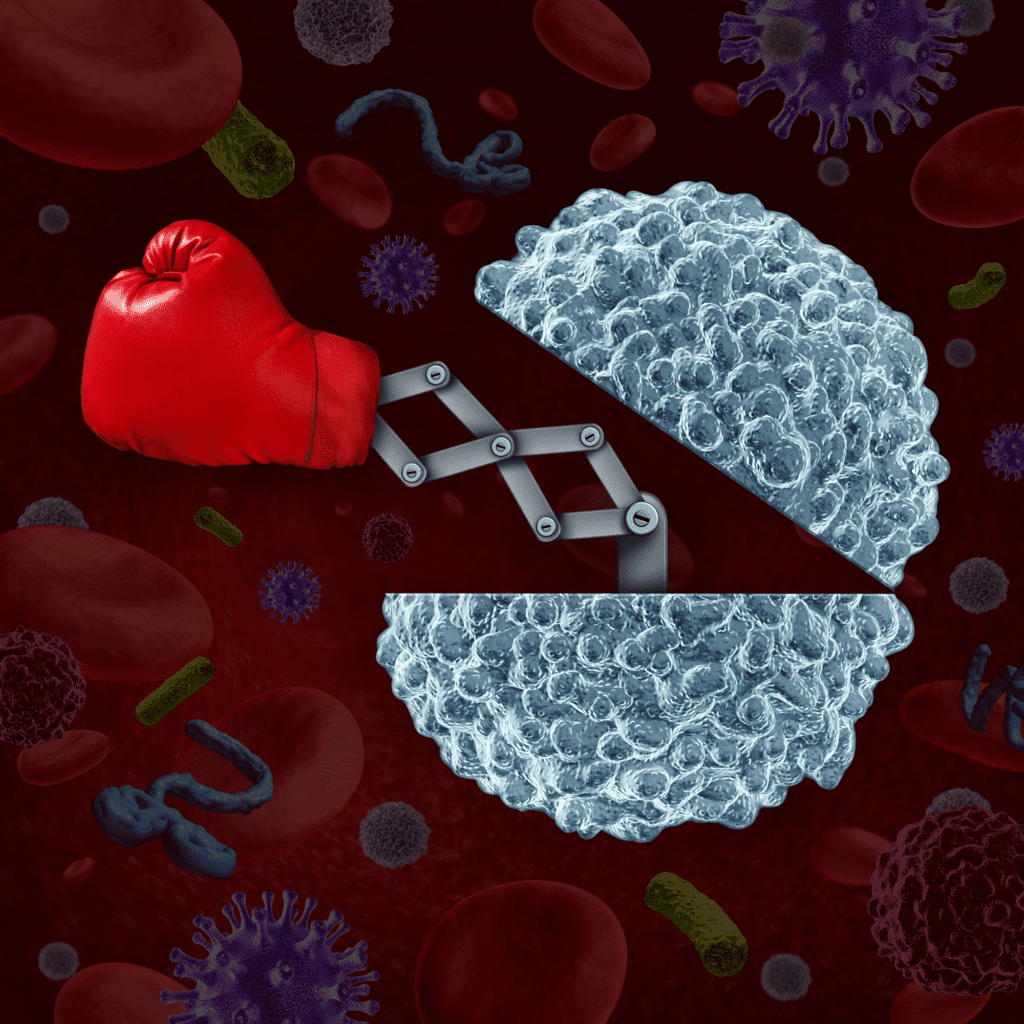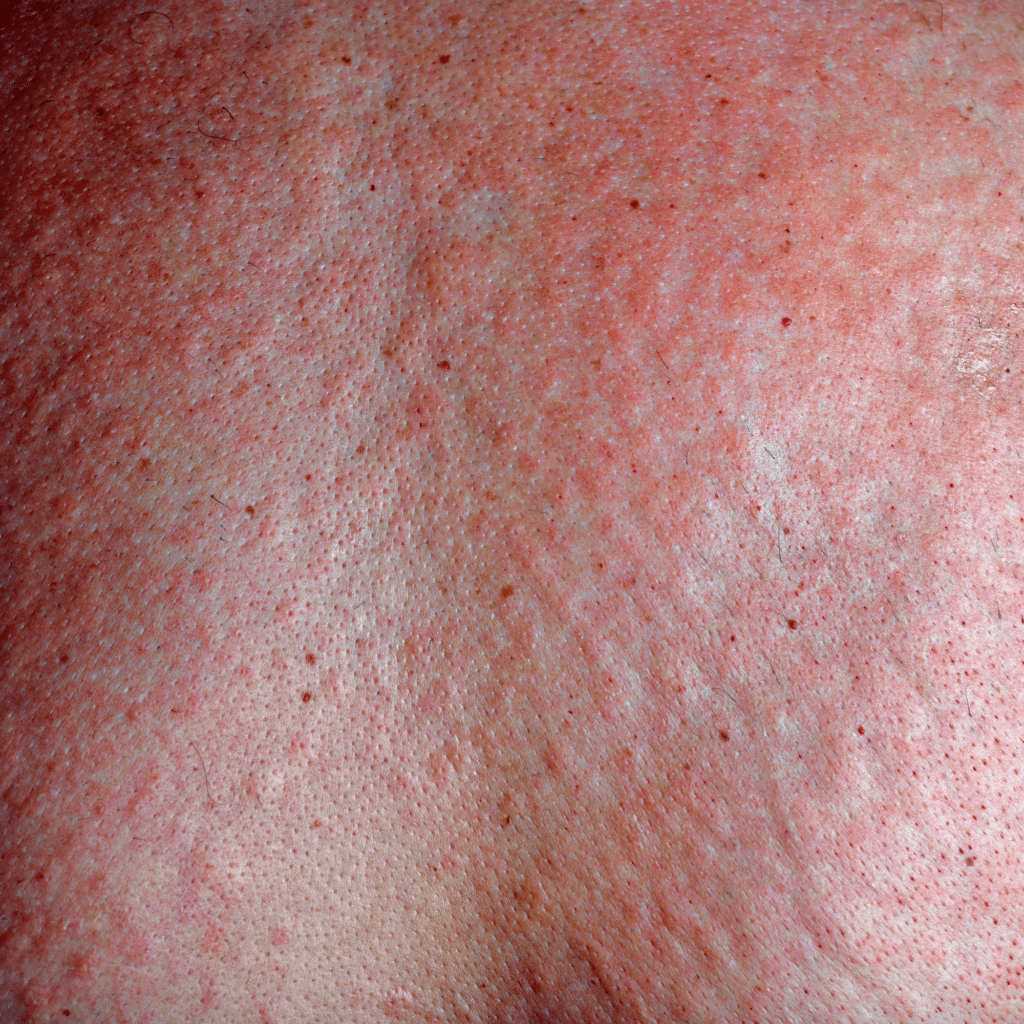
Lyme disease is a tick-borne illness caused when a tick with bacteria Borrelia burgdorferi passes the bacteria to a person via bite. In early stages of Lyme Disease, people may experience a bullseye rash, flu-like symptoms, headache, joint pain, and exhaustion. Late-stage Lyme Disease symptoms can be more severe including cognitive impairment, heart-related symptoms, and serious infection of the nervous system. See our compilation of the full list of Lyme Disease symptoms here.
As one of the fastest-growing infectious diseases in North America, an estimated 300,000 people are diagnosed each year (though the actual number of undiagnosed cases is predicted to be much higher).
How you get it: As the tick burrows into the host’s skin, it feeds on the blood and releases a bacteria called spirochete into the bloodstream. The spirochete travels quickly through the body and makes their home in soft tissues and organs, the brain, the central nervous system, and joints and muscles.

Borrelia, the bacteria associated with Lyme disease, can morph and change its shape allowing it to hide from the immune system. This survival mechanism makes it extremely difficult to eradicate Lyme without advanced treatment strategies.
The complexity of this pathogen makes it important to work with a Lyme Literate Doctor. Lyme Literate Doctors understand the intricacies of Lyme disease and the necessary components of effective treatment. Our doctors know how to guide you through treatment, deal with Herxheimer reactions, and prevent recurring illness.

Herxheimer reactions are negative reactions to detoxification and the killing of pathogens. While sometimes Herxheimer reactions are difficult to avoid as we learn how your body responds to specific and unique treatments, we want to avoid Herxheimer reactions as much as possible. Some doctors encourage Lyme patients to take a year off of work and life because of intense detox reactions.
Our philosophy is different. If your body is responding negatively to a Lyme treatment, it is a sign that you are killing pathogens at a rate that your body is not able to detox the toxins that get released when Borrelia is dying. This causes inflammation in the body, and it is important to minimize it as much as possible.


Due to the wide array of symptoms that Lyme Disease presents, as well as the fact that spirochete can burrow deep into tissue, it can make Lyme Disease hard to diagnose, with many cases going undetected due to a false negative. At My Lyme Doc, we used the most advanced lab testing available to diagnose Lyme Disease.
If diagnosed early, Lyme Disease can often be easily treated. However, due to many cases being undiagnosed until late-stage Lyme Disease, recovery can become more difficult.
Treatment for late-stage Lyme Disease is based on the individual’s lab results, symptoms, and lifestyle factors.
